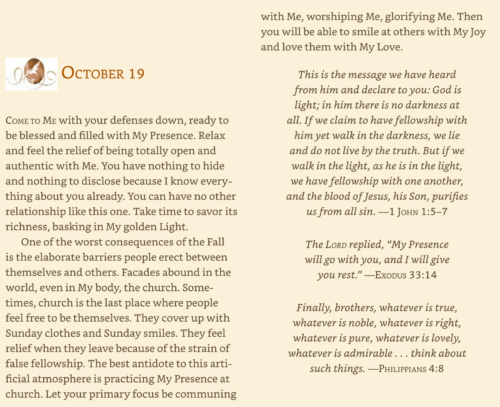A Theology of Somebodiness
On the CAC podcast Love Period., Rev. Dr. Jacqui Lewis interviews Civil Rights leader and longtime activist Ruby Sales. Here Sales considers how embracing our God-given identity provides healing amid society’s injustices and empowers us to love others.
Ruby Sales: One of the things that I discovered is that when we think about love, we think about how is it that we love other people? But the first question is how is it that we love ourselves so that we extend [to] other people the love that we feel for ourselves? . . .
It’s hard to love yourself when you follow people who degrade your humanity and teach you to hate other people. It’s hard to love yourself when you’re being used by powerful people to carry out an agenda that buttresses their power but disempowers you. And so I think that the critical question that white people must deal with, and all of us must deal with in the 21st century, is how is it that [we] can love ourselves so that we might extend that love to others? Because I think that we have been taught to hate and despise ourselves. . . .
I think that in many ways, the society that I grew up in, in the South . . . if we had learned to hate ourselves the way the official requirements required us to do, then we would’ve never survived, and so I think that out of the Black community in the South, you have a kind of agape [the Greek word for unconditional love] growing up. I loved everybody, and in order to love . . . we had to counter the narrative that we were nobody with the sense that we were somebody, and that meant self-love. And I think many communities who stood on the outside of the gates of power have had to come up with a way of finding themselves worthy and beloved.
Jacqui Lewis: I love hearing the stories of your childhood community, Ruby. How did your folks, your elders, your village, how did they raise Ruby Nell Sales and your contemporaries to love yourselves? . . .
Ruby Sales: The theology and pedagogy of somebodiness—that I might be enslaved, I might be small within the state, but I’m somebody, not only with God, but with each other, and about myself. And so the pedagogy and theology of somebodiness. I’m a child of God, and being a child of God, I’m essential, and no one has the right to limit, or the power to limit, my ability to be somebody. So I grew up in a society where that theology was so powerful. . . . The white view of Black children as being inferior never penetrated my being because I was surrounded with the possibility that I could live into my highest capacity and to love myself.
